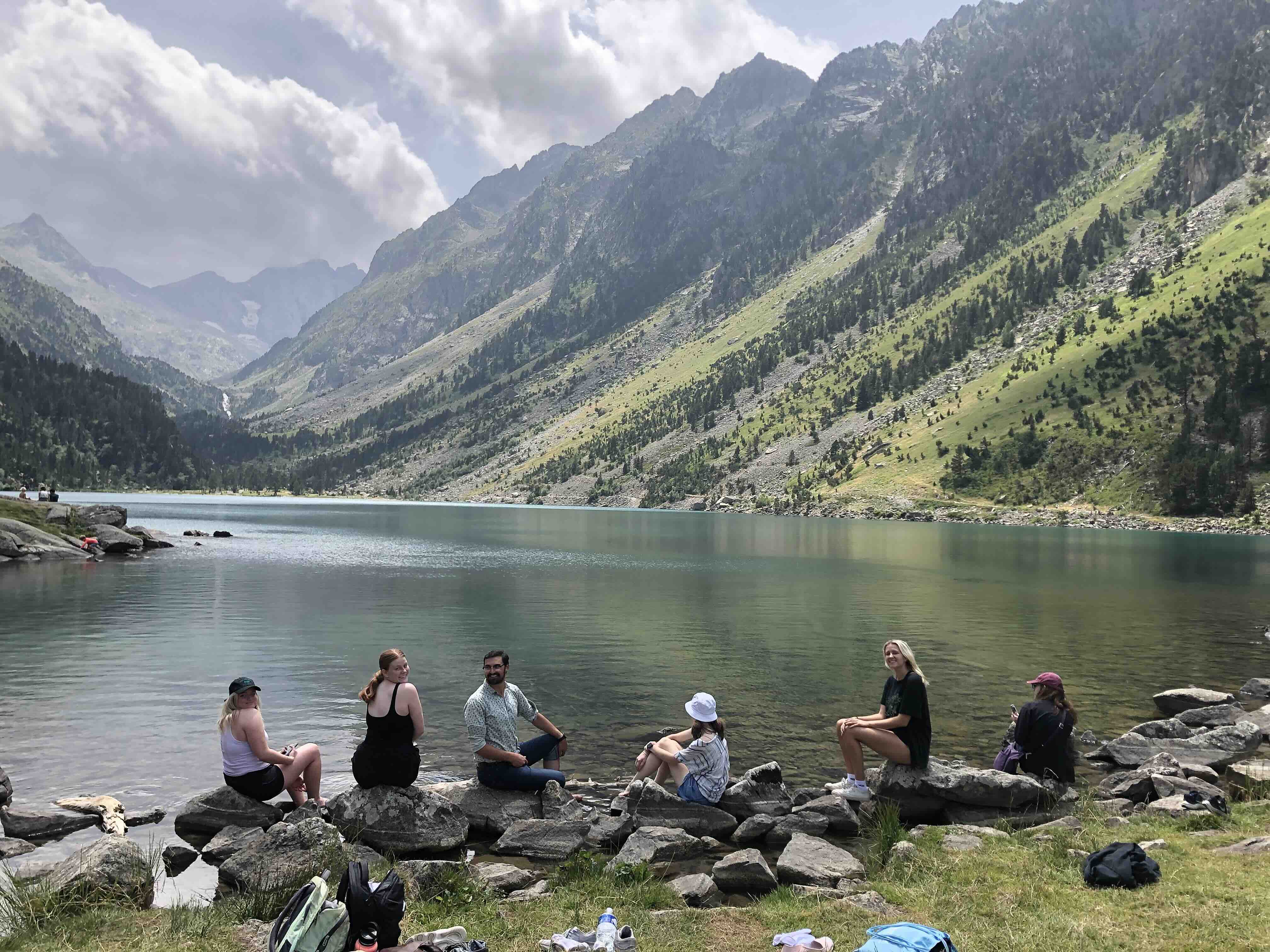Update your resume and polish your cover letter
One of the main reasons for putting your study abroad program on your resume is that it shows employers you have real-life experience with diverse populations. Explain how you have used those cross-cultural experiences in your cover letter. Before you send it off, have someone review your materials to make sure your experience comes through.
Resumes
Today's economy is a global. Consequently, the ability to communicate and interact with people from diverse backgrounds and ethnicities is more important than ever before. In today's competitive job market your resume should highlight the experiences and valuable skills you gained while studying abroad.
When revising your resume, consider the following:

- Add your study abroad program name, country, university, and duration dates to the education section your resume.
- Add your internship or volunteer experiences to the experience section of your resume.
- Identify the proficiencies you gained and provide detail about the lessons you learned during your experience abroad. Locations and dates alone won't reveal enough about what happened.
- Explain how you become proficient or fluent in a language in class and/or out in public.
- Identify any organized or independent research projects you worked on and explain what they were about. Describe the size and scope of any international teams you collaborated with.
- List any honors or awards you received and describe what they were for.
- List any presentations or publications you worked on abroad and explain what they were about.
- Identify the number of additional countries you visited while abroad and why you went there.
- Connect your new proficiencies to transferable skills by explaining how the experiences (above) taught you any of the following:
- Cultural sensitivity and global perspectives
- Adaptability and resilience
- Communication skills
- Teamwork
- Leadership
- Create a new resume for each job or internship application. You are more likely to get an interview when your skills and experiences are a direct match to the specific requirements of a posting. Research the organization and industry to understand what they value and highlight how your study abroad experience aligns with their needs.
Cover letters
 Study abroad experiences should be mentioned in your cover letters; however, make sure they are not exclusively about study abroad. Like your resume they should be customized for your audience. Each graduate school or employer should receive an original cover letter that is applicable to the program or organization. If possible, briefly explain why your experiences abroad have prepared you for a desired job. Specifically, highlight your transferable skills like flexibility, problem solving, and time management.
Study abroad experiences should be mentioned in your cover letters; however, make sure they are not exclusively about study abroad. Like your resume they should be customized for your audience. Each graduate school or employer should receive an original cover letter that is applicable to the program or organization. If possible, briefly explain why your experiences abroad have prepared you for a desired job. Specifically, highlight your transferable skills like flexibility, problem solving, and time management.
Examples:
"My experience studying abroad in Heredia, Costa Rica allowed me to gain solid proficiency in Spanish as well as a strong knowledge of Hispanic culture and life. I know my Spanish language skills and understanding of Latino culture will be useful in expanding your Latino client base."
"While studying abroad in Osaka, Japan I had to quickly learn to navigate the city's large metro system. This was not an easy task — I could only speak and read very basic Japanese. However, I learned the system very quickly because I relied on the metro to get me to school as well as my internship each day."
Ask someone to review your materials
Get professional feedback on your resumes and cover letters. You can seek advice from a staff member of your home university’s career or writing center, study abroad advisor, or mentor. Many of them can help you identify the most impactful elements of your study abroad experience and suggest improvements to your resume (and catch a typo or two).
Additional career resources
Network with other alumni | Explore employment abroad | Interview with confidence

